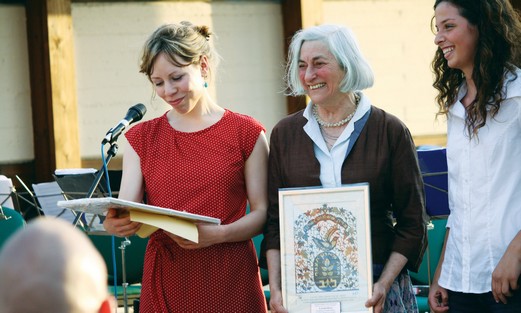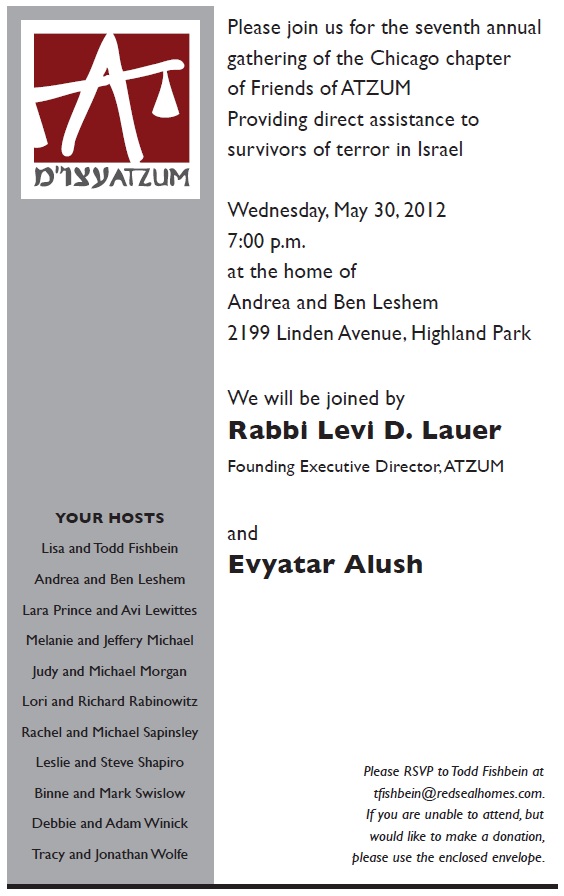May 31, 2012
By Abigail Klein Leichman
Social activism group believes students can learn from Righteous Gentiles who saved Jews during World War II.

The Nazis murdered Esther Boissevain Grinberg’s father and six other relatives. The rest of her family barely survived the war years in Holland. Yet Grinberg’s family was not Jewish. Her parents, and 16 members of her father’s extended family, were gentiles who paid the ultimate price for refusing to stand by as Jews were being persecuted.
Today, the 78-year-old retired nurse is an Israeli grandmother living in Kiryat Tivon. She was the inspiration for “The Light in the Darkness,” a 10-day exhibition that opened on May 21 at the Leo Baeck Education Center in Haifa – a school of more than 2,000 pupils that was founded in 1938 as a kindergarten for German Jewish refugees.
The culmination of three years of student research, the exhibit includes authentic photographs, documents, objects and artworks of the Boissevain family and of the Jewish community in Amsterdam, with the cooperation of Yad Vashem Holocaust Martyrs’ and Heroes’ Remembrance Authority and the Dutch Friends Foundation of the Holland Department of the Ghetto Fighters House Museum Association. [Read more…]








